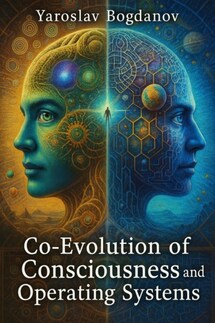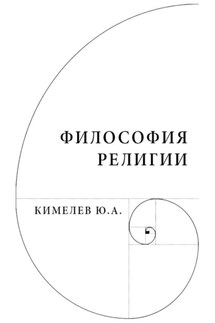Co-evolution of consciousness and operating systems (Коэволюция сознания и операционных систем) - страница 6
Since I consider the psyche to be an organism similar to a multicellular biological organism, I have identified its elementary "cell" – a compartment of the psyche: the meaning. Initially, I understood the life of meanings to be analogous to the life of cells in a multicellular organism: they divide, reproduce, differentiate, replicate, age, are eliminated, and undergo processes similar to apoptosis, necrosis, and so on. In short, they live according to their own laws.
However, if we consider the psyche as an organism, these laws cannot be reduced to biological concepts and definitions, even though meanings, while linked to neurons in the brain, are neither neurons themselves nor their direct associations. Nevertheless, their existence is closely tied to neuronal associations and the states of these associations.
Meanings are memories of the states of functional systems of neurons. These states are constantly formed in response to external and internal stimuli, enabling both conditional reflexive reactivity and the more sophisticated rational activity that, while based on the brain's reflexive activity, qualitatively surpasses it in diversity and adaptive potential. A meaning is essentially an instruction or narrative about some collective action of neurons that proved to be either highly adaptive or maladaptive. It is the outcome of a competitive process in decision-making, either winning or losing. This can be compared to recording successful or unsuccessful chess games, which can later serve as guidelines for more adaptive strategies. These instructions and narratives are "recorded" by the same mechanisms – neurons.
These functional neuronal systems mirror what is happening in their neighbors. They copy the behavior of neighboring systems but overall perform a function inherent to nervous tissue: reflecting what is occurring in the external and internal environment. The difference is that these functional neuronal systems focus almost exclusively on reflecting the actions of similar functional systems.
Why do they do this? Possibly because it is a way to compete for metabolic and energy resources. If a neighbor succeeds at something, it makes sense to try to replicate that success.
A functional neuronal system, which copies or encodes the actions and states of similar systems, constitutes the smallest compartment of the psyche – its "cell," or meaning. The life of meanings involves self-reproduction, multiplication, differentiation, integration, and hierarchy. The analogy for the reproduction of meanings is unlikely to be found in processes like mitosis or meiosis; it is more akin to the branching of trees, though mitosis extended over time can also be visualized as a tree-like structure. This ability to create such functional systems, along with its degree, can be referred to as the affinity of meanings.
The psyche is the life of neurons, recorded in the language of neurons—a book that constantly rewrites and republishes itself, authored by a vast collective. The number of neurons in the brain is enormous but finite; they can be counted. However, the number of meanings cannot be counted. This number rivals the largest numbers in the universe.
The reproduction of meanings is an inevitable consequence and manifestation of psychic activity – a mechanism of its self-sustainment. It is as much a mystery as the mystery of life itself. The intuitive insight of Christians in the apostolic age elevated love to one of the highest religious values and identified it with God. Even today, it is impossible to imagine psychic activity without love. Yet, defining its significance, or its very essence, remains elusive when trying to achieve a consensual definition.







